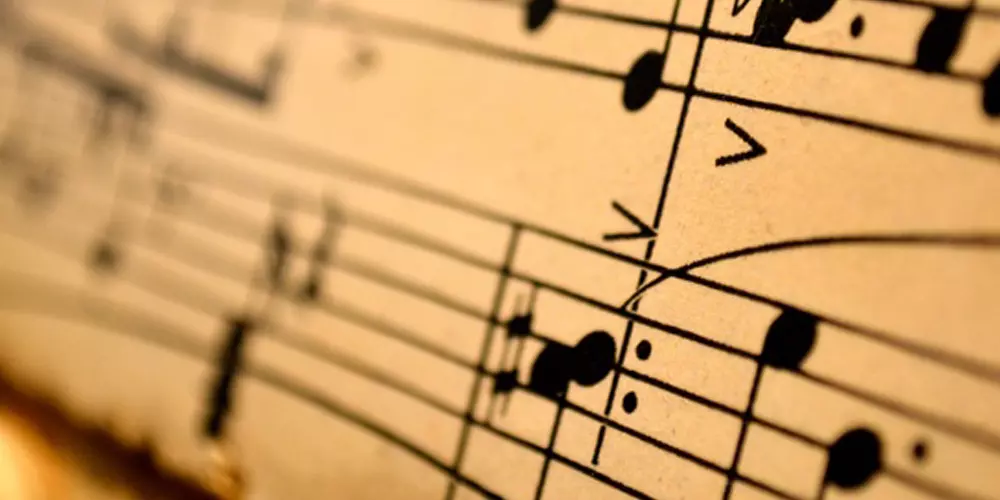The Language of Music – Why Music Theory is Fun

If you learn to ‘speak’ music theory it lets you talk about music without having to say: “remember that bit there that went da, da, da, dum?” It lets you define the particular bit of music you are talking about and the specific component of that music. And then you get to delve into the what, the how, and the why of what the composer did to make the piece sounds so wonderful – all fascinating questions.
Was it the melody? The leap up at the start of “Somewhere over the Rainbow” (the interval of an octave) and how the melody then filled in the notes below before repeating the leap (a major sixth) and why they work though they are different?
Was it the way the music suddenly went sideways just before it was going to stop and didn’t land on the final (tonic) chord but went to a sad sounding place (the submediant) before starting a long concluding passage (the coda) and ending happy?
Understanding Music Theory
These terms let you communicate exactly what you mean to someone else and to talk about how these actions resemble or differ from things others have done. They let you analyze how the composer put together the music and compare what they have done to those of another era, country, or style.
Once you get past memorizing what intervals are and how they go together to make harmonies you get to the fun stuff:
- How did Bach make those two melodies fit together so that you can switch which is on top and they still work? So that you can play one from the start to the end and also from end to the start at the same time and it works? So the same bit of melody in four separate voices following each other at different times makes beautiful music?
- How does Count Basie take a simple three chord blues and add four chords at the end to make it magically go into motion towards the start again?
- How does Beethoven take those two different melodies, toss them up, and combine them again in a whole variety of different ways to amaze you and focus the emotional effect?
- What did the Beatles do to the middle part of that song to make the return to the beginning so effective? And what is a middle eight anyway when they refer to it and why doesn’t it actually have any 'eights' involved?
- Why does this Elton John song feel like it builds and builds from the start to a climax at the end? How can I make a song do that?
- What is that pungent chord that Hendrix uses all the time and why does it work so well in his music?
- What makes this piece hold together? Feel like it has a strong beginning, middle, and end? Feel like it is driving head long for that end?
Why Music Theory Matters
When you study theory you can talk about why this chord will work better at a certain point in your song. You know what the normal chord for that point is – yet much of the fun is in avoiding that ‘normal’ chord or note. You can analyze and focus in on what is best to do.
The wonderful thing, however, is that the answer always involves an artistic judgment, so there is no ‘right’ or ‘wrong’ answer. The theory tells you what you are doing – not really whether it is what you should be doing. Your ears tell you that. Theory just gives you the clues.
Music theory is the language that lets you think and talk about the weird and wonderful things that vibrations in the air do to the souls of humans.
To learn more, here are some of our top music theory books:
Theory For Beginners - Frederick Harris Music Company
Complete Elementary Music Rudiments - Frederick Harris Music Company
For more, visit our theory print music selection here.






